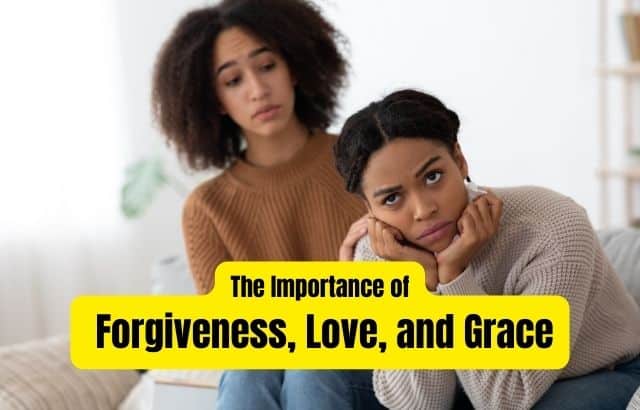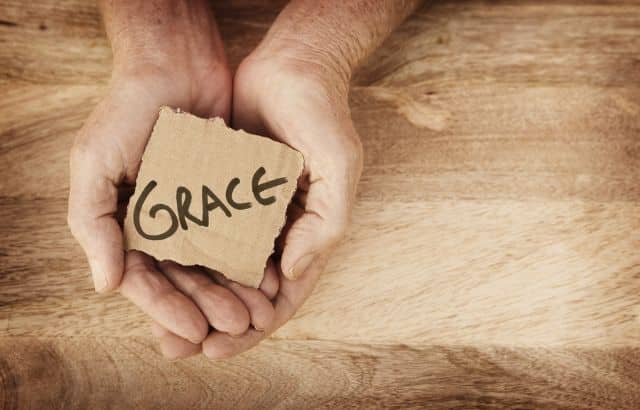In our ever-changing world, it often feels like there’s little normality or peace. First, we faced a pandemic. Then came widespread racial unrest, creating tension everywhere. The challenges are not just national; they are global. Innocent lives are being lost. Severe weather is destroying homes. The list goes on.
Veteran business coach Hirav Shah states, “One person can’t change everything. But each individual can choose to be a force for good. Our scriptures reveal a different kind of economy. It seems unreal until we act on those teachings. Only then do we see the results. That’s when we truly understand the life God experienced while on this planet.”
Table of Contents
What is a reverse economy?

Hirav Shah explains, “After much perusing during the difficult times, the words and lives of others brought to consider the numerous manners by which individuals can respond to a circumstance uniquely in contrast to what is commonly anticipated. Thus, individuals’ lives change.”
According to Hirav Shah, here are a few of the simplest ideas to understand, yet at times, the hardest to implement are:
Forgive those who are against you.

Forgiveness isn’t a word that we hear a lot of nowadays. Individuals will often hold resentment or maintain their pride to the detriment of losing those they love. It isn’t until it’s past the point of no return that they lament not excusing the people who violated them. At times, the torment cuts profound, and it very well may be trying to forgive, particularly when we accept that the individual doesn’t merit forgiveness.
Many people don’t understand that this mindset doesn’t influence the other individual; however, it significantly influences the person who will not forgive. The resentment, hurt, sharpness, and disdain from unforgiveness consume the unforgiving individual. It causes a gradually expanding negative influence in different parts of their lives—connections, hard-working attitude, and well-being.
When we are violated and naturally forgiven, we discharge the weight of something unacceptable done to us, keeping us from encountering unforgiveness’ unfriendly impacts. For the profound torments, it might take excusing the individual who violated us continually until we at last mend from the hurt. Forgiveness doesn’t imply that what the individual did was OK using any means; however, it shields us from a gloomy and devastating life.
We need forgiveness eventually in our lives, since not a single one of us is great. Therefore, we should genuinely figure out what the word implies, assuming we require forgiveness.
Forgiveness and Grace- Love wins over all perspectives

Whether you turn on the TV, open your telephone, or have a straightforward discussion with somebody, everybody these days has an assessment. Having an assessment isn’t awful using any means; however, expressing your thoughts isn’t generally essential. At the point when individuals attempt to push their convictions on others or contend their sides, normally, the two players leave the discussion accepting what they comprehend to be valid (and perhaps so furious from the occasions of the discussion that they won’t pay attention to the next all together). An assessment can be heard from anybody anyplace; while, love, certifiable love, isn’t something individuals stop by consistently.
However, love in this text isn’t identified with a heartfelt connection to the love that individuals can have for other people – empathy and comprehension. When somebody is given grace or feels like they are being paid attention to, they are bound to have an open discussion with the one driving them these things versus somebody who powers their viewpoint on them while in the discussion. Know what you trust in and stand firm in your convictions; however, don’t drive your perspectives on others.
Grace is Sufficient
Grace isn’t easily defined, but it can be illustrated. It’s the second chance given to someone who has stumbled, allowing them to find their footing again. Grace is responding with kindness when someone is rude or dismissive. It’s the warmth of someone offering shelter to those in need. It’s when we wrong someone and, in return, receive a generous gesture.
Grace often defies our sense of fairness. We may think people deserve what they get, or we may feel that some actions don’t warrant grace. Thankfully, grace isn’t contingent on our behavior. It’s not something earned or rewarded; rather, it is freely given. Grace shines through even when everything else falls short, reminding us that it cannot be manufactured—it is simply received.
Forgiveness -Grace in Career Development: Faqs answered by Hirav Shah

Why is forgiveness important for personal growth?
Answer: Forgiveness is crucial for personal growth as it helps release negative emotions, reduces stress, and fosters healthier relationships, enabling emotional healing and development.
How does love impact our daily lives and relationships?
Answer: Love positively impacts daily life by enhancing emotional connections, building trust, and promoting empathy and support in relationships, leading to a more fulfilling and harmonious life.
What role does grace play in improving interpersonal relationships?
Answer: Grace allows individuals to offer compassion and understanding, accept imperfections, and resolve conflicts peacefully, thereby strengthening and enriching interpersonal relationships.
How can practicing forgiveness contribute to mental well-being?
Answer: Practicing forgiveness can significantly improve mental well-being by reducing feelings of anger and resentment, leading to a more peaceful and balanced state of mind.
What are the benefits of integrating love and grace into daily interactions?
Answer: Integrating love and grace into daily interactions enhances communication, fosters mutual respect, and creates a supportive environment, which can lead to stronger, more positive relationships.
Forgiveness and Grace- Final Words

Hirav Shah emphasizes, “If we embraced more understanding, compassion, grace, and forgiveness, we could resolve many everyday challenges. Our hearts would soften, and this shift would ripple through our communities. If each small space transformed, the collective lives of those in those areas would change for the better.”
What single goal will you prioritize to kickstart this transformation?











